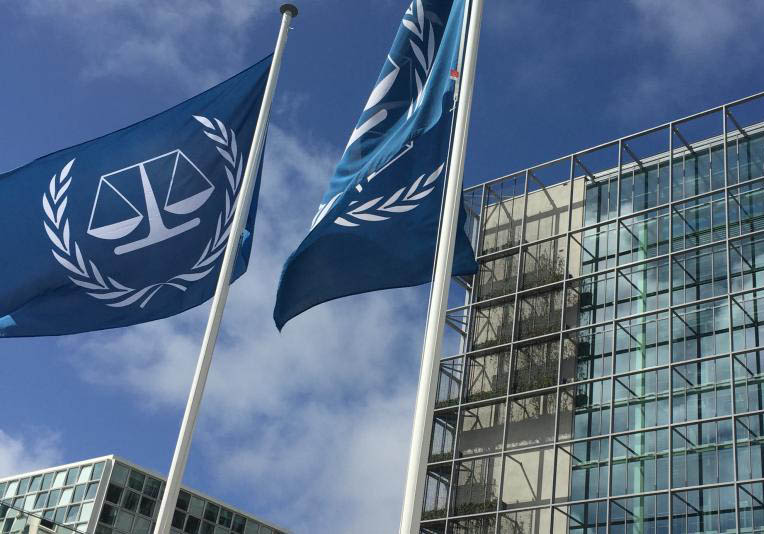The ICJ today issued a briefing note following the Independent International Fact-Finding Mission on Myanmar and the ICC ruling relating to Bangladesh.
Fact-Finding Mission identifies crimes, calls for ICC referral and IIIM
On 27 August 2018, the Independent International Fact-Finding Mission on Myanmar (FFM) released a report finding that members of Myanmar’s military should be investigated and prosecuted for crimes against humanity and war crimes in Rakhine, Kachin and Shan States, and for genocide in the north of Rakhine State.
The FFM identified that many of the same kinds of crimes committed against the Rohingya in Rakhine State, were also being committed by the same or linked military authorities against other minorities in Kachin and Shan states.
While the FFM focused on the situations in Kachin, Rakhine and Shan States since 2011, it noted “serious allegations have also arisen in other contexts, meriting further investigation.”
The FFM concluded by recommending among other things that:
- the UN Security Council should refer the situation to the International Criminal Court (ICC) or create an ad hoc international criminal tribunal; an
- until the Security Council acts, the General Assembly or the Human Rights Council should create an independent evidence gathering mechanism, similar to the IIIM for Syria.
ICC ruling on jurisdiction re: Bangladesh
On 6 September 2018, an ICC Pre-Trial Chamber ruled that the Court could exercise jurisdiction over the alleged deportation (as a crime against humanity) of the Rohingyas from Myanmar into Bangladesh, since one element of the crime (crossing a border) took place in Bangladesh, which is a State party to the Rome Statute.
The Chamber noted that the same rationale could apply to other crimes within the jurisdiction of the Court “if it were established that at least an element of another crime … or part of such a crime is committed on the territory of a State Party,” citing persecution and other inhumane acts as possible examples in this case. The crime of genocide was not directly addressed.
The ruling did not address other crimes allegedly committed against the Rohingya, or crimes against other minorities elsewhere within Myanmar, including in Shan and Kachin States.
The proceeding is still at an early, pre-investigation, phase. If at the conclusion of a preliminary examination the Prosecutor assesses that there is a reasonable basis to proceed with an investigation, she must first seek authorization from the Pre-Trial Chamber.
The preliminary examination phase has been known to take from less than a week (Libya) to more than 14 years (Colombia).
Need for an IIIM or similar independent evidence gathering mechanism
An independent evidence gathering mechanism, with functions similar to those of the IIIM for Syria, should be created by the Human Rights Council as a matter of urgency.
- The passage of time increases the chances that critical evidence will deteriorate or be lost entirely, reducing the possibility of effective prosecution.
- An IIIM mechanism would ensure that evidence is collected, preserved and analyzed to a standard and methodology facilitating its use in national, regional or international courts.
- The delay and uncertainty associated with referring the question of creation of a mechanism to the General Assembly mean the Council should establish the mechanism at this session.
The ICC ruling relating to Bangladesh does not reduce the need for an IIIM:
- The limited scope of the ruling relating to Bangladesh creates a high risk that the existing ICC proceeding will not cover all crimes under international law against the Rohingya, or other crimes against other minorities elsewhere in Myanmar, including Kachin and Shan states.
- At best, the ICC will only be able to prosecute a fraction of the crimes identified by the FFM, and an even smaller fraction of the perpetrators, leaving an impunity gap. An IIIM will preserve evidence to enable that gap to be filled now, or later, by national courts or other tribunals.
- The work of an independent evidence gathering mechanism would be complementary to and cooperate with any ICC investigation and prosecution (or that of an ad hoc tribunal).
Referral of Myanmar to the ICC
States should continue to call for Security Council referral to the ICC despite the jurisdictional ruling relating to Bangladesh.
- With a Chapter VII referral, the ICC would assume jurisdiction over all crimes listed in the Rome Statute that may have been committed after the Rome Statute entered into force on 1 July 2002 either in the territory of Myanmar or elsewhere by a Myanmar national.
Contact:
Kingsley Abbott, Senior Legal Adviser (Global Accountability), kingsley.abbott(a)icj.org

